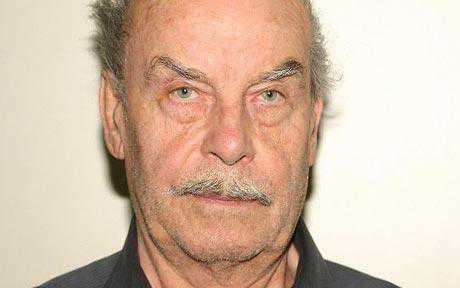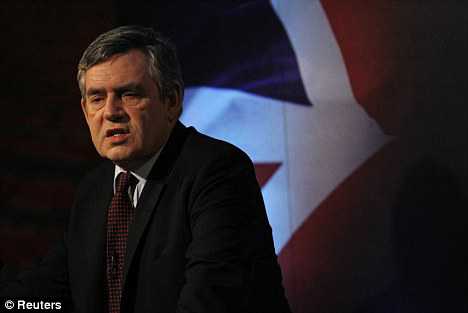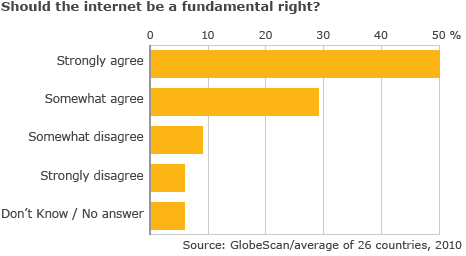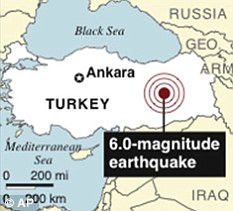‘British Fritzl’ made daughters pregnant 18 times after shocking failings by social services and police… but no one’s been sacked
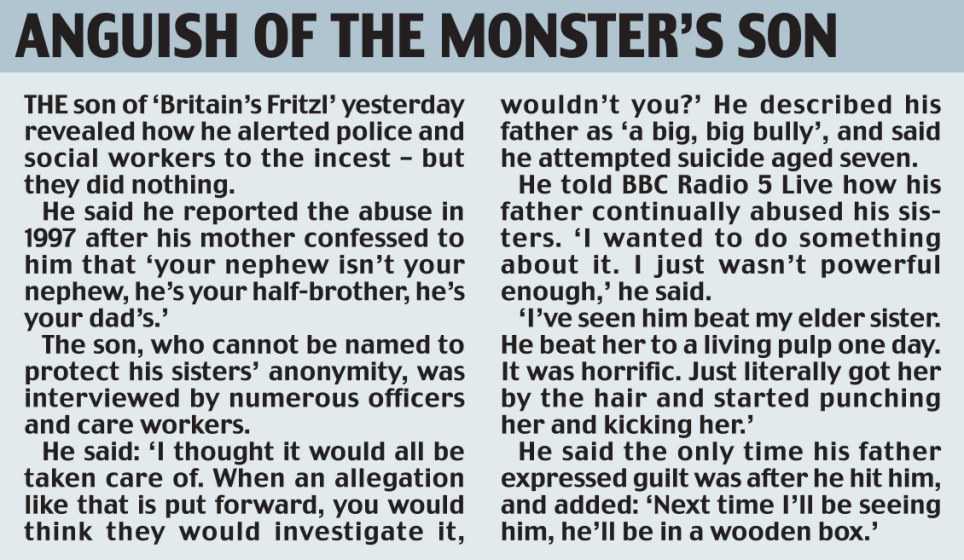
A father was free to use his daughters as sex slaves for three decades because more than 100 care workers were too scared to stop him, a devastating report revealed yesterday.
The two sisters suffered more than 1,000 rapes, became pregnant 18 times and had seven children by their perverted father.
Yet for ten years they were on the Child Protection Register, supposedly being monitored by social services.
Astonishingly, care workers were aware of repeated allegations of incest but did nothing because they wrongly feared they could be sued for breaching confidentiality.
The 57-year-old father, who was given 25 life sentences at Sheffield Crown Court in November 2008, ran rings around the authorities by controlling his daughters through fear and moving house 67 times.
Yesterday a Serious Case Review spelled out a catalogue of shocking failures by 28 separate agencies and more than 100 care workers.
The ordeal of the sisters and the failure of those supposed to protect them unfolded over 35 years in which:
- Authorities received 12 reports of physical abuse by the father and seven specific allegations of incest from family members;
- Sixteen child protection ‘case conferences’ were held and the two sisters were questioned about the paternity of their children 23 times;
- Proper action by just one of the social workers or other officials including police who knew about the family could have ended the horror;
- Nothing was done to intervene in part because social workers had a culture of ‘having a quiet word’ rather than taking action.
But despite the litany of errors nobody was sacked or even disciplined for failing to stop one of the most horrific abuse cases in decades – and all are hidden behind a cloak of anonymity.
The report states ‘action should have been taken’ in 1997 – when the brother of the victims made allegations of incest to police.
The case outlined at Sheffield Crown Court was chillingly similar to that of Austrian Josef Fritzl, who kept his daughter locked in a cellar for 24 years and fathered seven children by her.
n the Sheffield abuse case the father was also violent and domineering.
Calling himself ‘The Gaffer’, he would drag the girls from their beds and rape them as their mother slept nearby. If they fought, they were beaten, kicked and even held to the flames of a gas fire.
His campaign of abuse started when the women were aged between eight and ten and he took pleasure in fathering children by his daughters.
Yesterday the Safeguarding Children Boards of Sheffield and Lincolnshire made a joint apology to the abused women.
They admitted a ‘collective’ failure but the 39-page executive summary of the case review published yesterday failed to identify anyone involved in the family’s care.
The review’s author, Professor Pat Cantrill, made it clear that anyone of the 100 care workers could have intervened to stop the abuse.
‘It really only needed one person with tenacity to keep pushing this and pushing this and we might have had much earlier action taken,’ she said.
The father, who cannot be named to protect the sisters’ anonymity, admitted 25 rapes and four indecent assaults between 1980 and 2008, when he was eventually arrested.
Professor Cantrill condemned the attitude and behaviour of care workers and urged the profession to take her report seriously, commenting: ‘We always don’t seem to learn from these serious case reviews.’
She said care workers had feared being sued for disclosing confidential or inappropriate information.
‘This fed the culture of “having a quiet word”,’ she said. ‘If you don’t put it down on paper then nobody would find themselves in difficulty.’
She added: ‘There were people in the community who came forward and attempted to get agencies to react in relation to this family and they weren’t listened to as they should.’
On the question of dealing with allegations of incest she added: ‘Some of the people involved did not know how to handle this sort of case.’
Last night relatives of the abused girls condemned the authorities’ failure to protect them.
They told how their own attempts to raise the alarm had even seen them threatened with prosecution for slander.
‘This report is shocking because it shows what we said all along – that we had told social services he was abusing his daughters but they did nothing about it,’ said the incestuous father’s sister-in-law.
‘It’s disgraceful that they had all this evidence about what was going on in that house but didn’t do anything to protect those girls. That’s meant to be their job, but they didn’t do it.
‘Social services are a waste of space as far as I’m concerned – they could have stopped this sooner if they’d done their work properly.
‘But they’ve still got their jobs or their pensions so I doubt they’ll be losing any sleep about this report – it can’t affect them now.’
[…]
The Daily Mail



